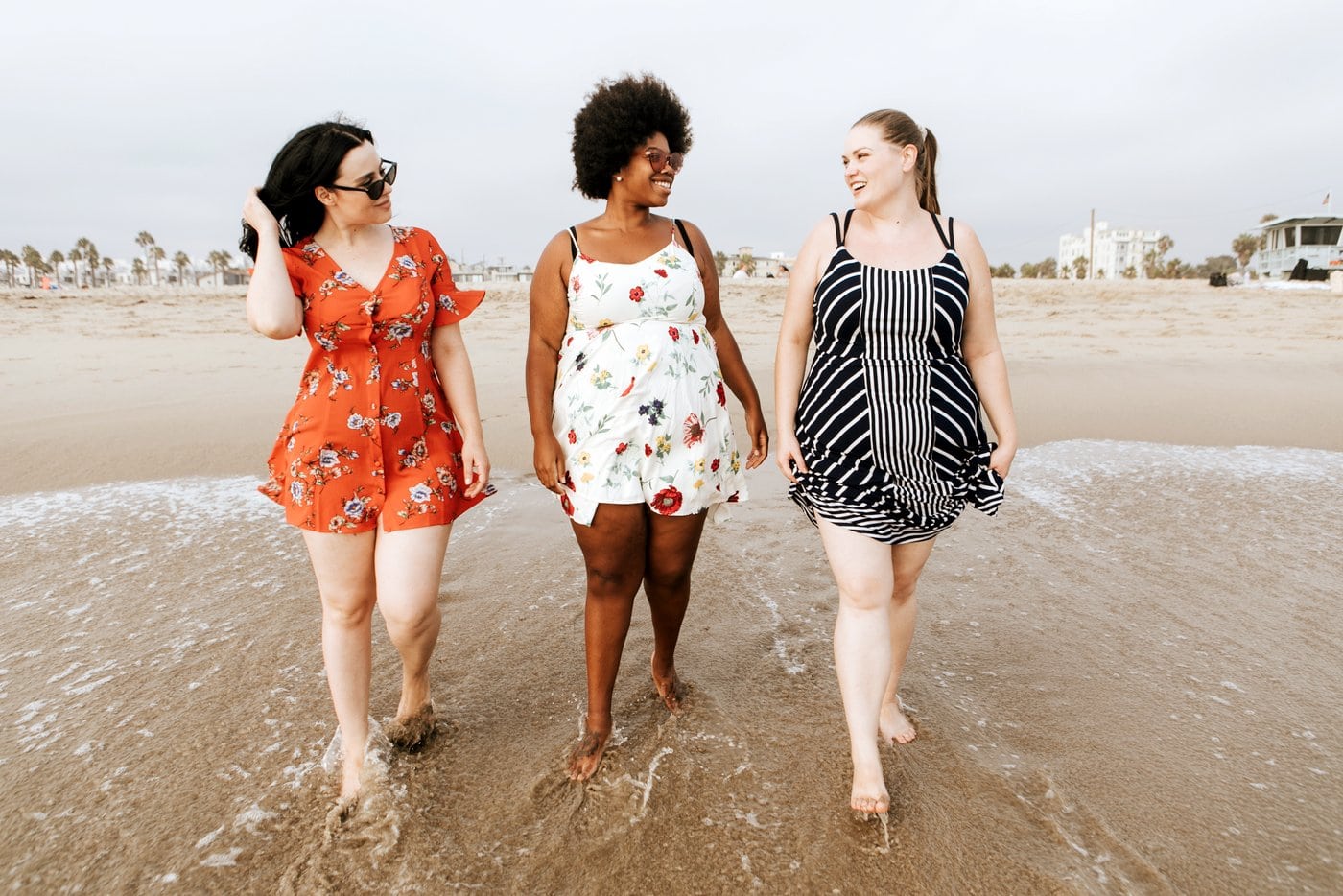Americans leave about 429 million vacation days unused every year. Here’s why you need to go on a real getaway and use up your vacation time off work – for your health and well-being.
Research from the US Travel Association found that, as a nation, we’re taking a week less of vacation annually than we did 15 years ago. And even if we do take time off, many people check email and phone messages — so they don’t truly get away. This isn’t a good thing. Here’s why.
Why you should vacation for your health
UW Health psychologist Shilagh Mirgain, PhD, says that vacations are vital to our health — our physical and emotional well-being. And while she is a world traveler, Dr Mirgain points out that taking a vacation doesn’t have to mean traveling across the globe.
You can make the most of your time off by staying local, unplugging and exploring your local landscape. Regardless of your destination, she offers four reasons why you should make the most of your time off.
1. Travel provides perspective
If you are fortunate enough to travel to a different part of the world, the experience can be truly eye-opening. Being a stranger in a foreign land, meeting new people and experiencing other cultures can help put life into perspective. Dr Mirgain experienced this on a recent trip.
“When I traveled to Africa, it allowed me to experience firsthand the astonishing fact that more people have cell phones than bathrooms,” she shared. “Approximately one-third of the global population lacks access to a toilet, and one in ten people do not have safe and clean water.
“My guide talked about how he had to walk for hours several days a week as a child to get water for his parents and siblings. He would often miss school as a result. Hearing stories like his help us appreciate the things we take for granted.”

Traveling allows us to see the world and our place in it through a different perspective, and that perspective can help us see our own lives and challenges through new eyes. Even if we don’t leave the country, simply leaving the comfort of familiar surroundings can bring its own lessons.
“The act of traveling can be filled with challenges — delayed flights, traffic, unfamiliar cities, maybe even language barriers — and through our experiences, we learn patience and can develop a mental flexibility that allows us to be more open to situations as they arise,” she says.
We also more fully realize our interconnectedness with everyone and the planet. Experiencing how other people live in different settings and cultures, we recognize that the problems we face in our daily life are experienced by others around the world. It is part of our common humanity.
Through travel, we witness the strength of the human spirit. That no matter what conditions humans find themselves in, they adapt, and try to make the most out of their situation.
Having this awareness shifts our perspective about what’s wrong in our life so that we can approach our problems with a fresh eye and openness to generate creative solutions that are good for all.
MORE: Ideas for last-minute vacations to make memories & build bonds
2. Travel helps your relationships
To paraphrase Mark Twain, there’s no better way to find out whether you like people than to travel with them.
Being on the road puts everyone outside of their comfort zones, and it can be challenging when one person loves spontaneity while the other prefers a detailed itinerary.
It’s important to recognize those differences and find ways to embrace them on the journey. Perhaps it’s being willing to stop at unexpected places along the way or committing to trying a new activity at your destination — building in spontaneity among your plans can help both of you gain the most of your trip. And, it can lead to memories of a lifetime.
“Our relationships — whether family, friends or romantic — are strengthened through going to new places and experiencing new things together,” says Mirgain. “Some of our most vivid memories come from our travels and the experiences are priceless.”
She notes that for many adults, their fondest childhood memories are of family trips. And, she says, research has actually shown that travel experiences — and even anticipating an upcoming trip — make us happier than any possession we could buy.

3. Time off is good for our hearts
For those who still need motivation to use up those vacation days rather than roll them over to another year, Mirgain points to these statistics:
According to the landmark Framingham Heart Study — the largest and longest-running study of cardiovascular disease — men who did not take an annual vacation were shown to have a 30 percent greater risk of death from heart disease than those who did travel.
And the news isn’t much better for women — those who took a vacation only once every six years or less were almost eight times more likely to develop coronary heart disease or have a heart attack compared to women who vacationed at least twice a year.
ALSO SEE: Do you need a passport to travel to Canada or Mexico?
4. Vacations are good for your mental health
To no one’s surprise, several different studies have shown that vacation and leisure activities help individuals reduce their stress levels and improve their emotional and mental health. And the benefits are almost immediate — after only a day or two, 89 percent of people had a significant drop in stress.
If your workplace is one that doesn’t encourage employees to make the most of their vacation time, consider this: Research also shows that employees who take time off are more productive and focused, less burned out and have better morale.
“At the end of our life, no one ever says ‘I wish I had worked more,'” says Mirgain.
“Trips provide memories that last a lifetime. Take yourself on a local adventure. Explore the local places in your community, or book that plane ticket to a faraway destination. Wherever you end up, amazing adventures await.”









